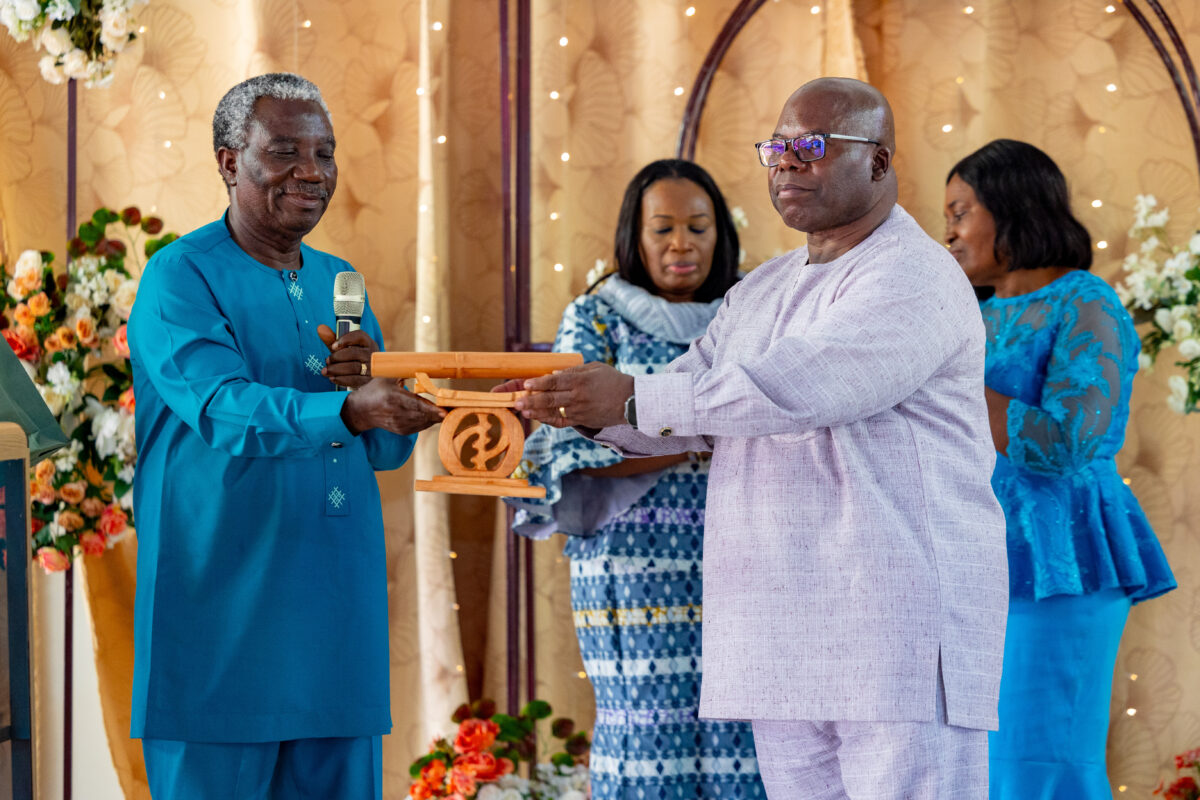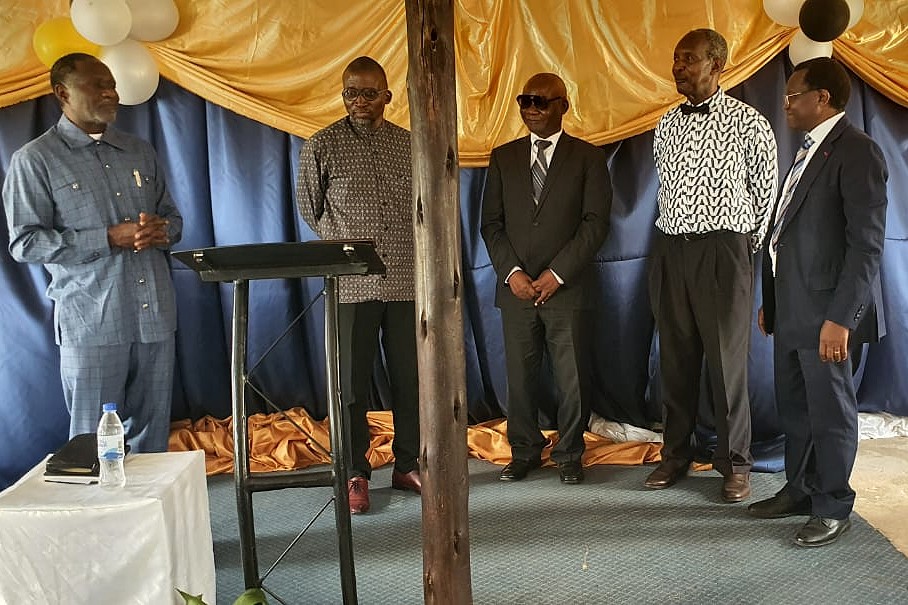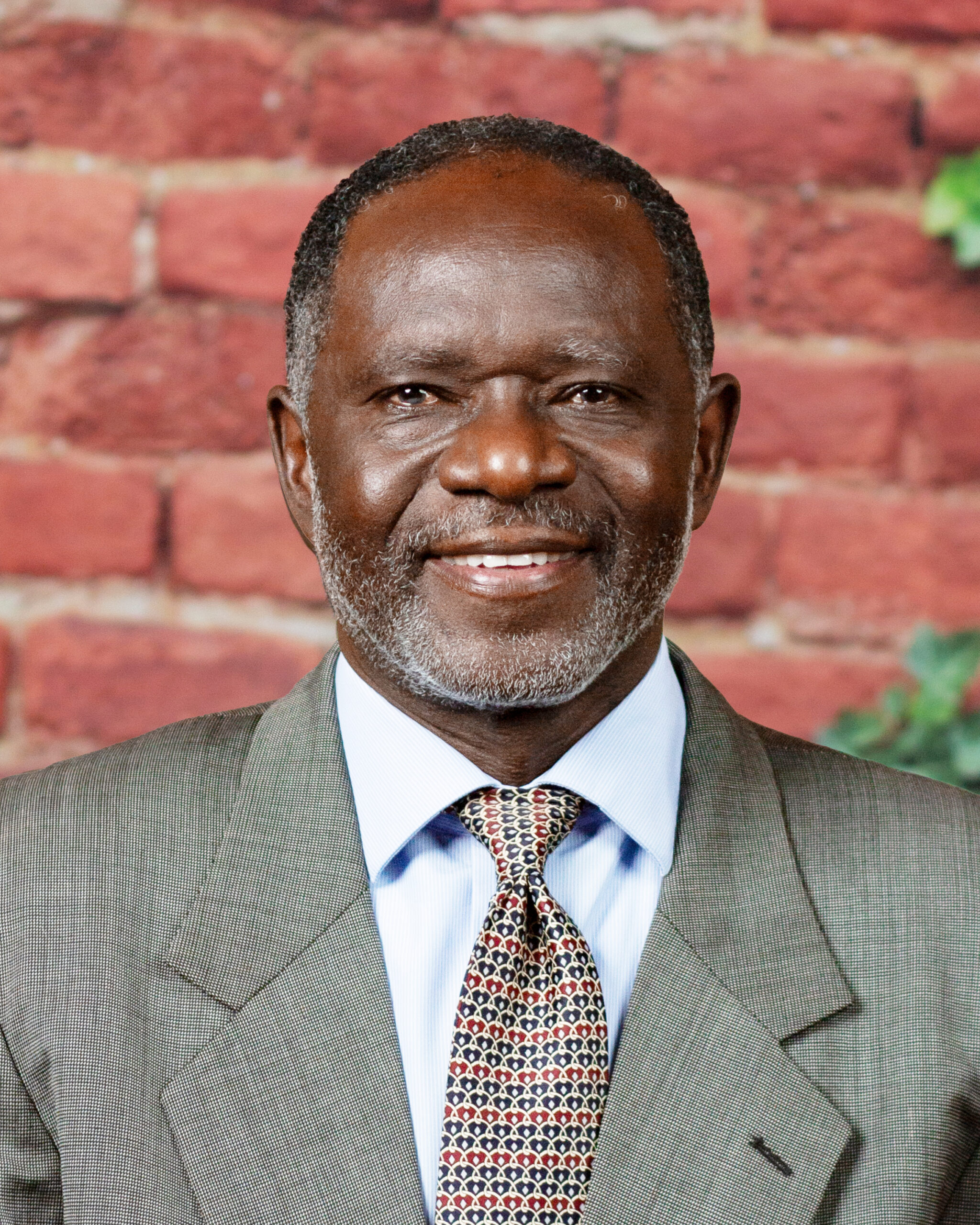
Dear GCI Family and Friends,
I am pleased to have Kalengule Kaoma (KK), GCI Superintendent for Africa, write the letter for this edition of Update. We have more GCI members in Africa than any other continent and the work of preparing, recognizing, and launching new leaders is important for the present work and future growth that we anticipate. KK has done intentional work alongside his four regional directors, who have also been integral in helping to establish national directors who have direct impact on our wide array of pastors. This multiplication and empowerment of leaders is the groundwork that’s needed to have the capacity to receive those whom the Lord calls. Our prayers go up for Jesus to bless this group of newly appointed leaders.
In GCI across Africa, we are faced with several opportunities to transition our leaders. These opportunities are available on congregational and regional levels. As a result, we have experienced several transitions in the last twelve months.
Dictionaries indicate that transition refers to a process of change. In this article, I limit transition to change of leaders in congregational and or regional offices.
The reason for transitioning leaders has mostly been age-related. Most of our leaders who have transitioned out of their offices are at least 70 years of age. Energy levels, mobility, health, length of service, availability, and travel demands also contributed to decisions leading to transitions.
Benefits of timely transitions
Our leaders who have served the Lord for a long time have accumulated vast experiences, knowledge, and maturity. These traits must be passed on to younger leaders. Transitions are like a relay race. The oncoming runner passes the baton to the next runner who takes off at greater speed. But the runner who brought the baton runs on for some distance. In effect, the two runners run together for a while. This effectively provides support to the runner who has picked up the baton.
In our leadership transitions, experienced leaders have the opportunity to come beside the new leaders. Experienced leaders give support, counsel, guidance, and answers to what may seem like new, perplexing, and challenging situations that arise while the new leaders are adjusting to their roles. In executing the process of transition, we have drawn from biblical narratives because we desired smooth transitions.













